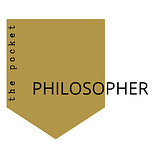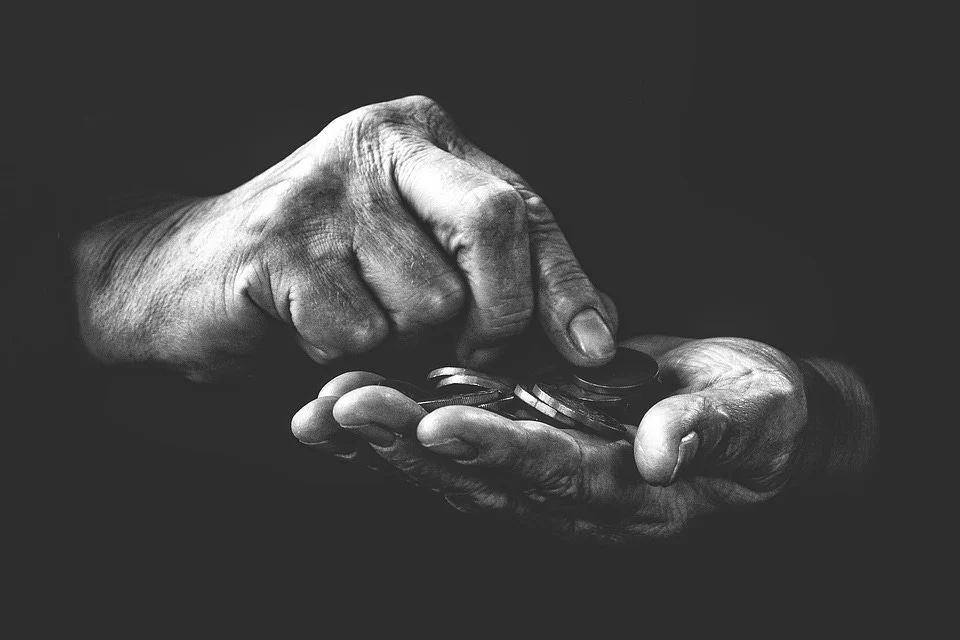Welcome back my friends,
Trust, growth, and energy. These are the basic ingredients of the most successful game ever played.
Today we kick off Volume Two on Game Theory.
Last week we spent time unpacking the definitions, the philosophers, and the basic construction of game theory, gamification, and various social experiments which helped create the discipline.
Then we began to study how game theory effects the world in 3 big areas: tech, finance, and war.
We wrapped up last week with tech, and continue the conversation today and tomorrow with finance. Specifically, we want to understand what the big problems are facing the industry and what game theory has to say about it.
Before we get too deep into the future and problems, let’s step back and first ask what finance is all about.
At its core, this discipline orients around money.
So logically the next question is, what is money?
I’ll begin by leveraging one of my favorite books on the topic—Layered Money by Nik Bhatia.
Nik opens this book by saying,
For our species, money is a tool that allowed us to progress away from reciprocal altruism, wherein animals swap favors, like when monkeys groom each other. Some prefer to call money a shared illusion, although the word illusion implies that all forms of money lack basis in reality. It’s better to say, instead, that some forms of money are shared illusions, and others might prove to be real over a long enough time horizon.
This tension—between building real capacity and sharing an illusion—is where we’ll spend the rest of our time today. This tension is the history of money.
On one hand, money as we know it led to the largest and most successful illusion of all time, as noted by Yuhval Harari, author of the book Sapiens,
Money is anything that people are willing to use in order to represent systematically the value of other things for the purpose of exchanging goods or services1
And he notes,
money is the most universal and efficient system of mutual trust ever devised2
finally concluding that,
The capitalist and consumerist ethics are two sides of the same coin, a merger of two commandments…The new ethic promises paradise on condition that the rich remain greedy and spend their time making more money and that the masses give free reign to their cravings and passions and buy more and more.
This is the first religion in history whose followers actually do what they are asked to do.3
Finally, if you remember our working definition of a game as posited by Mitch Cantor last week, a game is:
A contest or world with set rules, mechanics, and principles that people interact with for pleasure
Thus, in many ways money is a game.
It’s a world with its own set of “rules, mechanics, and principles” that people use to scale, build, interact, and grow.
The most important principle of the money game is trust. Two people without common knowledge of each other’s trustworthiness, use money as a medium to represent their trust—leveraging the credibility of the game (i.e. the dollar, capitalism, an economy) to moderate their interaction.
The game of money is about trust, it’s about growth, and it’s about energy. It’s how we organize ourselves to get stuff done, to represent the value of time, and to incentivize production.
Money is exchanged and created in other games, known as markets, all over the world. In the before times, this money was backed by a shared illusion like gold. Today, this money is backed by a series of institutions called central banks.
And here, at the core of the modern money game, is where the greatest pitfall but also the greatest opportunity lies.
In almost every way, centralized banking has changed the world more than any other shared illusion, game, or movement.
Inversely, its utility has never been in such an accelerated decline.
Threatening to replace this game is a new one, built upon technology, separated from politics and centralization, connected not to another shared illusion like gold but rather tied directly to the energy used to create it.
Incorruptible, resistant to influence, scheduled, and predictable.
This is the world of DeFi—or decentralized finance.
This new game is changing the world and solving the problems of the past 5 centuries at record pace.
Henry Ford attempted to create a decentralized economy is his twilight years, Nikolai Tesla predicted it, and today we are living through a bloodless revolution that promises to change the future.
Join us tomorrow as we dig deep into the defi movement, and what philosophers past and present have to say about the emergence of this newest game.
Until then,
Matt
https://www.richardhughesjones.com/yuval-harari-capitalism/
ibid
https://www.goodreads.com/author/quotes/395812.Yuval_Noah_Harari












